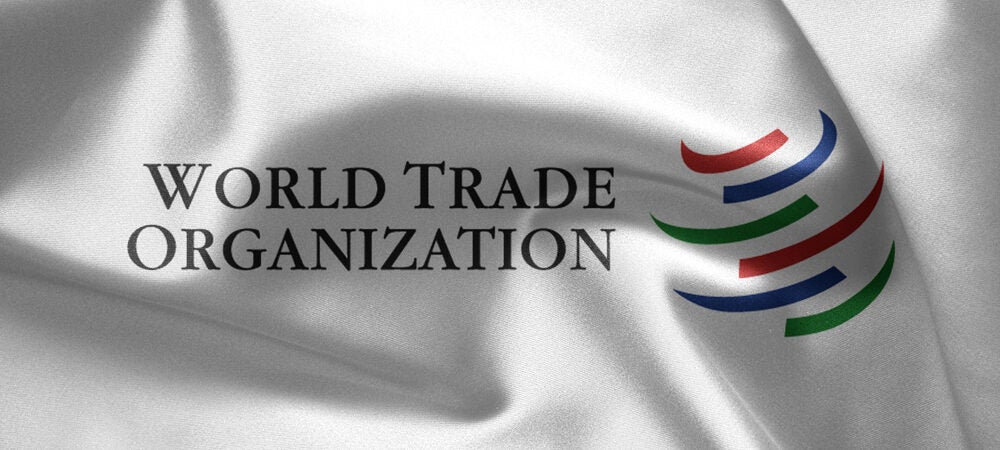When the term “WTO reform” is mentioned, what first comes to mind for most observers is restoring binding dispute settlement, followed by overcoming the lack of negotiation of new multilateral agreements, and in third place, if it is thought about at all, monitoring—a Secretariat function. This grossly understates the current role of the WTO Secretariat and the role it might usefully perform.
It is a fact universally acknowledged by all students of political science that a proper representative form of governance must consist of three branches of activity—legislative (rulemaking in the case of the WTO), judicial (dispute settlement), and administrative or executive. Not every situation in international commercial relations requires a new rule, nor is it the subject of a dispute. There is, often, however, a steady demand for an administrative element that supports daily the smooth functioning of the world trading system. Here, there is an institutional deficiency that any serious consideration of reform should address. The role of the Secretariat, the staff of the WTO, differs substantially in many respects from those of its sister international economic institutions—the World Bank and the International Monetary Fund (IMF or Fund). There are also features that distinguish the WTO from the Organization for Economic Cooperation and Development (OECD). The differences have had consequences.
wp22-8To read the full report from the Peterson Institute for International Economics, please click here.

